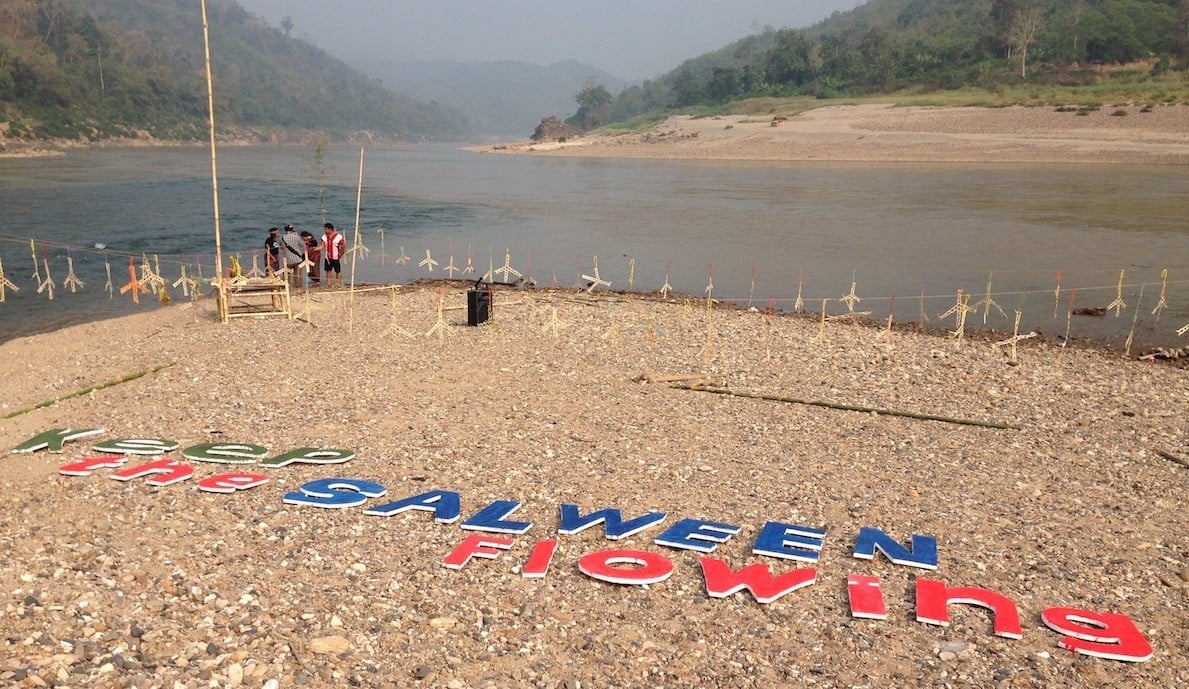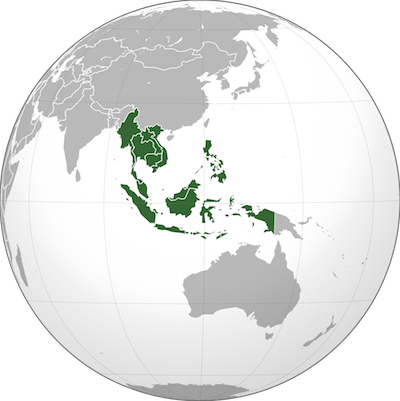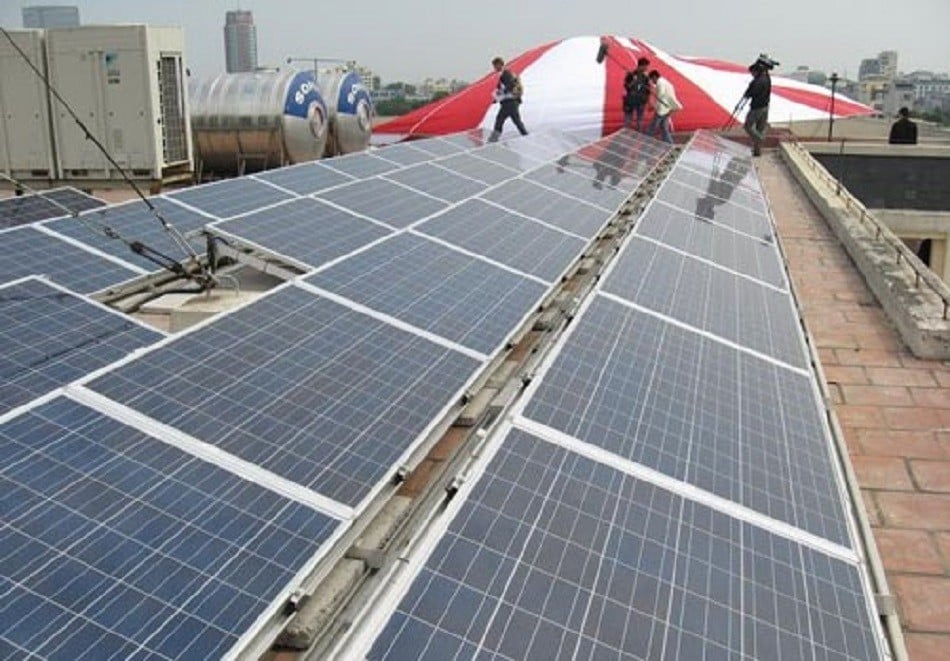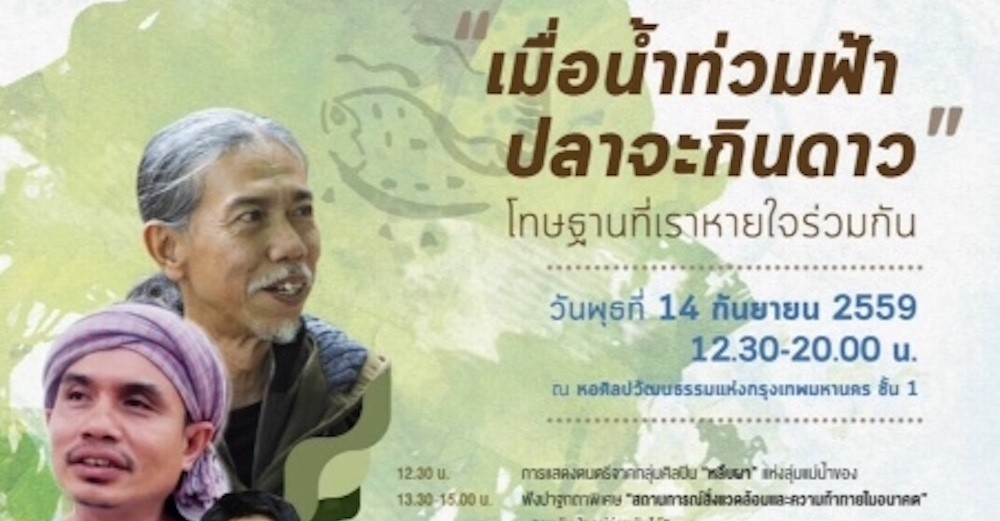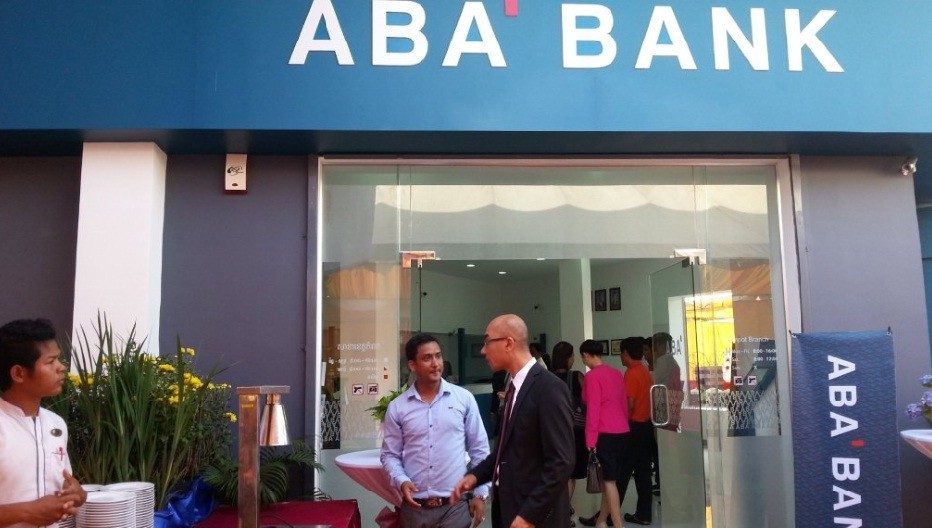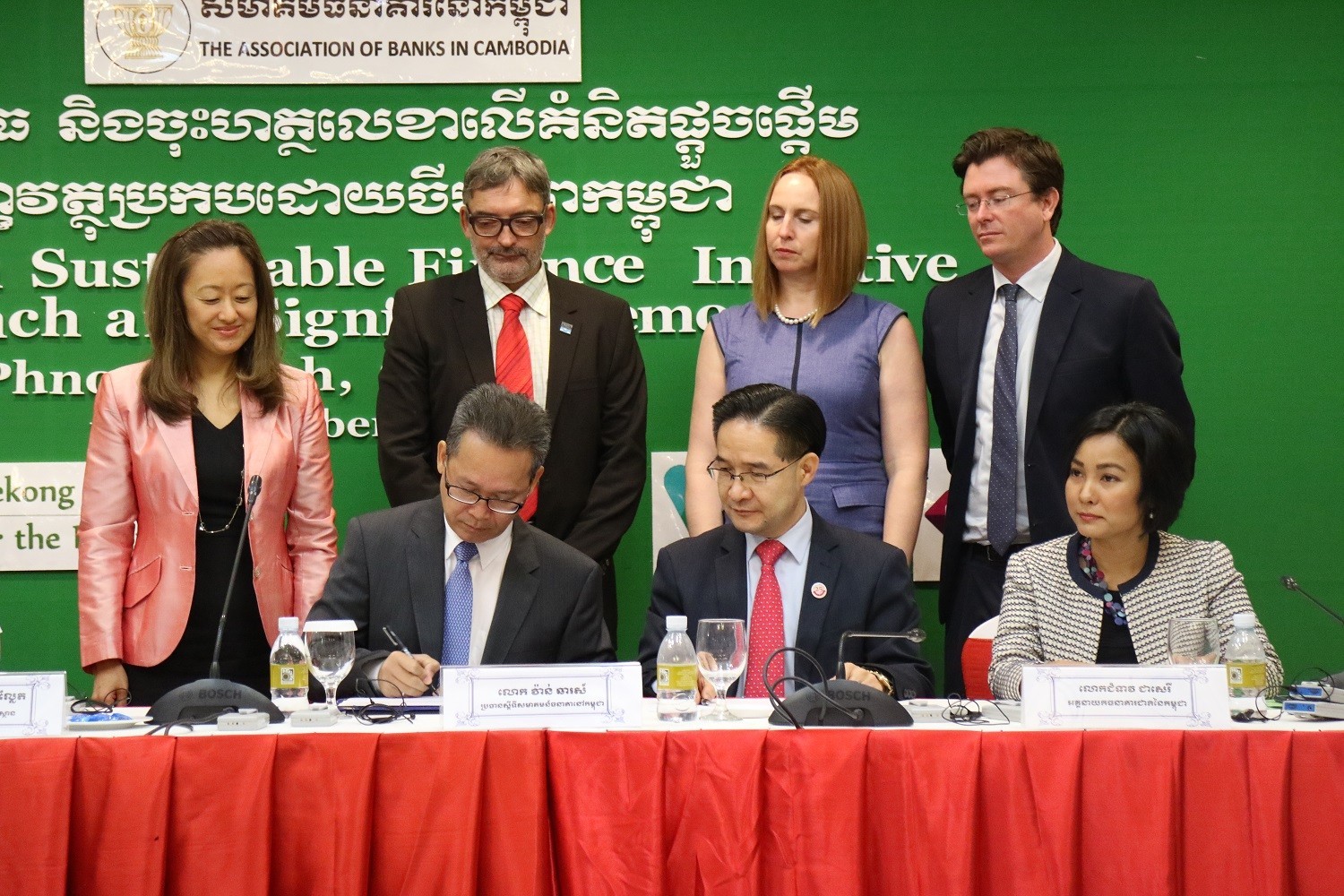The Shan Nationalities League for Democracy (SNLD) has urged the government to be transparent and to ensure accountability and responsibility regarding large hydropower dam projects proposed on the Salween River in eastern Burma.
Tag: investment
Asia: Heading towards a seismic shift
In a decade’s time, visitors to Asean, South and North Asia may find their personal experiences in their respective destinations differ quite drastically.
Each Asian nation is busy operating at its own pace, plotting a new stage of economic development and growth – despite ongoing global economic uncertainty.
In the process of this seismic shift, some countries have chosen to work in partnerships while others are tackling the challenges alone. All of them reflect Asia’s unique aspiration to take on global competitive pressure. Some nations aim to get out of the middle-income trap, while others want to secure a higher standard of living for their people.
Vietnam needs solar energy policies
A shortage of policies on power tariffs for renewable energy, particularly solar electricity, has prevented the sector from attracting investors, said Prof Dang Dinh Thong from the Vietnam Clean Energies Association (VCEA).
Myanmar likely to join Asean Power Grid
MYANMAR is likely to be the fifth Asean country to sign up for the Asean Power Grid formed by Laos, Thailand, Malaysia and Singapore, energy ministers have said.
“We had long discussions with our Myanmar counterparts,” said Laos Vice Minister for Energy and Mines Viraphonh Vilavong. “They are keen to join. I expect that to be quite soon.”
Viraphonh on Thursday signed a memorandum of understanding (MoU) with Thai Energy Minister General Anantaporn Kanjanarat and Malaysian counterpart Johnity Ongkili that would allow the transportation of electricity.
Regime’s absolute power is a danger to environment: experts
THAILAND faces many environmental issues as major development plans are being pushed ahead across the country, organic laws about the environment and community rights remain to be drafted and the forest reclamation campaign continues to cause conflicts, experts said on Wednesday.
The Thai Environmental Journalists Society held a forum and exhibition on current environmental issues and future challenges yesterday at the Bangkok Art and Culture Centre. At the forum, many speakers flagged up the environmental issues the country faces.
Market mechanisms not the solution to pollution
“Market mechanisms will not solve pollution issues, only a State mechanism will,” Mr. Le Dang Doanh, senior economic expert, told Vietnam Economic Times’ Investment Attraction and Sustainable Development workshop held on September 20 in Hanoi.
Agreeing, Mr. Tran Du Lich, National Assembly Delegate for Ho Chi Minh City, said that the environment cannot be exchanged for profit. “Health, education and environmental issues cannot be regulated by a market mechanism; they are the responsibility of the State,” he said.
What’s the Deal with “Sustainable Banking”?
Citizens in the Mekong region are increasingly hearing about “sustainable banking,” mostly associated with infrastructure and energy projects. It means regional banks, slow to commit to sustainability, are increasingly considering more responsible ways of doing business.
Cambodia recently joined Thailand, Laos, Vietnam, China and 20 other emerging market economies in committing to better environmental and social risk management practices under the International Finance Corporation’s (World Bank Group) Sustainable Banking Network. And just this week, the Association of Banks in Cambodia (ABC) announced an initiative promising to work toward sustainable banking principles for Cambodia, “as ways to mitigate the damage associated with infrastructure, energy and large scale agribusiness projects.”
Banking with a positive spin
A banking sector initiative launched yesterday aims to advise Cambodia’s financial sector on best practices for sustainable lending while capitalising on the growing pool of international funds that could flow into green and socially responsible projects.
The Sustainable Finance Initiative will conduct two years of research to identify best practices that can be applied by financial institutions when formulating their lending policies, such as ways to mitigate the damage associated with infrastructure, energy and large-scale agribusiness projects.
Banks Commit to Sustainable Finance
Banks in Cambodia will strive to improve sustainability, and integrate environmental and social safeguards into future business decisions, the Association of Banks of Cambodia (ABC) announced yesterday.
At a ceremony at the Himawari Hotel in Phnom Penh, ABC acting chairman Charles Vann said the association was committed to improving the banking sector.
Cambodian Banks Commit to Developing Sustainable Financing Principles
The Association of Banks in Cambodia (ABC) took a first major step towards sustainable lending practices this week by committing to develop sustainable finance principles and ultimately work towards integrating environmental and social safeguards and lending standards into their business decisions.


